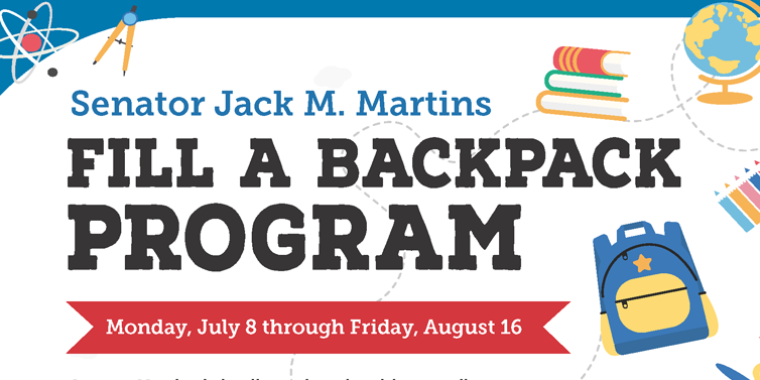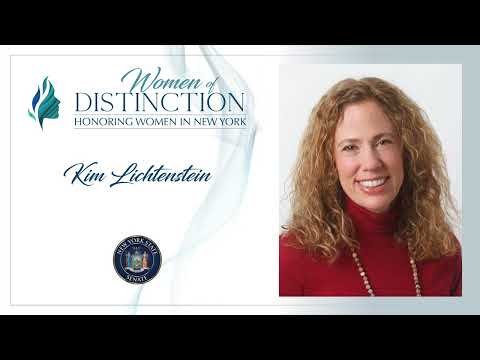From the Desk of Senator Jack M. Martins
Jack M. Martins
July 26, 2012
-
ISSUE:
- Local Government
-
COMMITTEE:
- Local Government
Beyond The Horseradish
“To a worm in horseradish, the world is horseradish.”
Yiddish Proverb
That’s one of my favorite expressions. If you’ve never heard it, it simply means that we’re mostly concerned with the world we actually live in, the everyday circumstances of our existence. We do, of course, devote some attention to greater matters, but we are generally shaped by our own daily realities.
In that light, I’d like to tell you about my recent experience having been selected to attend, and attending, the Emerging Leaders Program at the Darden School of Business at The University of Virginia, the venerable institution begun by Thomas Jefferson, himself. The program’s objective, sponsored by the State Legislative Leaders Foundation, is “to educate and inspire our nation’s current and future state legislative leaders to excellence, without regard to party, politics or ideology.” As one of 50 candidates accepted from around the country this year, I’m grateful for the opportunity to learn and share perspectives. It was truly motivating.
While I was there, the wonderful speakers at this five-day program reminded me that “leaders” are people in power or authority but “those who lead” are something different entirely. They see a bigger picture, and help others see it too. They inspire us to take action and I guess you could say, they help us see beyond the horseradish of our daily lives.
Grasping the bigger picture is not always easy, but it is something I try to do as your state senator. A perfect example here on Long Island might be the obsession with student test scores and rankings. Frankly, I believe they cloud the bigger picture. We get too wrapped up in numerical measurements of performance rather than the substance of the schooling itself. It’s not unusual for people to move just to get a spot in a highly-ranked school, vie for the teacher whose rating is a percentage point higher, then scrutinize and try to adjust the test scores of their child. So much is made of these measurements that a whole cottage industry has cropped up just to report them. Yet it seems far less attention is paid to the overall curriculum or methods of teaching and how improving these might make for happier, better-prepared children. We’re so busy comparing how our kids stack up to the children in the next school or next district, that we fail to realize they will eventually be competing with people half a world away.
Clearly, money isn’t the issue because we outspend most parts of the world on public education. It begs the question: do we expend as much energy on improving education as we do in measuring it?
There are literally hundreds of these day-to-day issues that come before us in Albany and I try my best to think outside the box. So much so, that I hear groans from my colleagues when I say I have an idea. But I simply cannot ignore my experience that tells me old-fashioned, common sense and pragmatism have to be liberally sprinkled on the plate of any problem. Make no mistake, there is a direct correlation between how hard we think and how much time we spend on a problem, and the quality of the eventual resolution. As I often tell my kids, the problem is that thinking is hard work and it seems nobody wants to do it.
So my job is to advocate for common sense, and to encourage the thinkers who believe positive change is possible. I know I’ve written it before and you’ll likely tire of hearing it, but Voltaire said, “No problem can withstand the assault of sustained thinking.” So let’s get thinking and let’s try to see beyond the horseradish.
Share this Article or Press Release
Newsroom
Go to NewsroomFill a Backpack Program
June 25, 2024


